LATEST ARTICLES
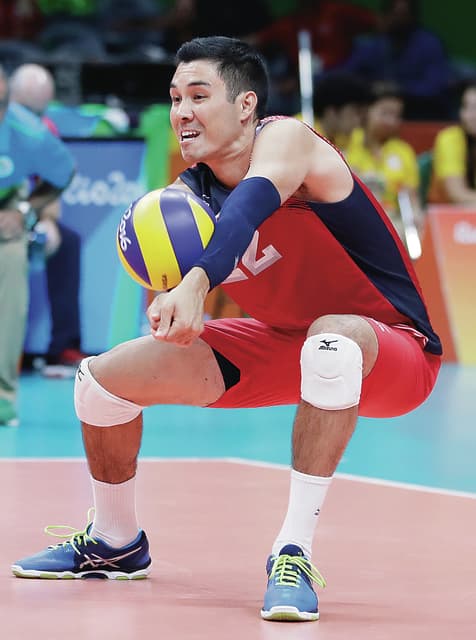

Mastering Volleyball Techniques: Essential Tips for Players.
Volleyball is a dynamic sport that requires mastering various techniques to excel on the court. To become a skilled player, it's essential to focus on the fundamentals. Start by perfecting your serving technique, which includes mastering different types of serves such as the float serve, topspin serve, and jump serve. Practice accurate passing and setting to facilitate successful attacks.
Develop strong attacking skills, including spiking, tipping, and roll shots. Additionally, work on your blocking and defensive skills to become a well-rounded player. Remember to pay attention to footwork, body positioning, and communication with your teammates. With dedicated practice and a focus on technique, you can master the essential skills of volleyball.
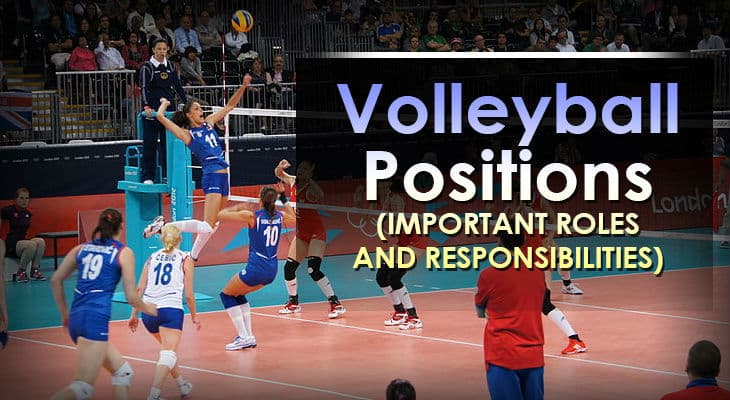

Understanding Volleyball Positions and Roles on the Court.
Volleyball is a team sport that relies on the cooperation and coordination of players in various positions. Each position has a specific role and responsibilities on the court. The setter is like the quarterback, responsible for setting up attacking opportunities for their teammates.
The libero is the defensive specialist, often wearing a different-colored jersey and focusing on receiving serves and making defensive plays. Middle blockers excel at blocking and quick attacking in the center of the net. Outside hitters are versatile players who contribute to both offense and defense. Opposite hitters are typically strong attackers who play opposite the setter. Understanding these positions and their roles is crucial for effective teamwork and successful gameplay.
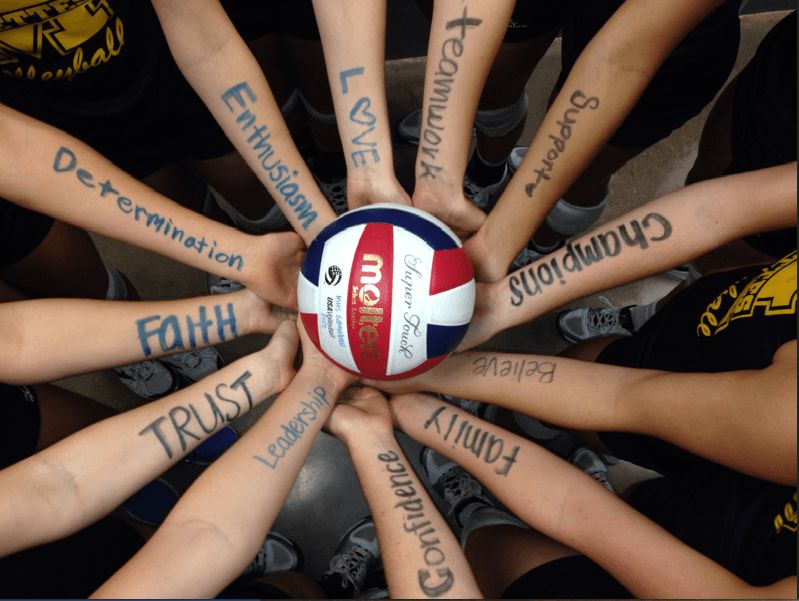

Building a Strong Volleyball Team: Strategies for Success.
Building a strong volleyball team goes beyond individual skills. It requires teamwork, communication, and a positive team culture. Start by fostering a supportive environment where players trust and respect one another. Encourage open communication to facilitate effective on-court coordination.
Develop a strong work ethic through regular training sessions, focusing on both physical fitness and skill development. Promote a growth mindset that encourages players to learn from mistakes and continuously improve. Emphasize teamwork over individual achievements and instill a sense of collective responsibility for success. By implementing these strategies, you can build a strong and cohesive volleyball team that thrives on and off the court.


Nutrition Tips for Volleyball Players: Fueling Your Performance.
Proper nutrition plays a vital role in fueling performance and optimizing recovery for volleyball players. Start by maintaining a balanced diet that includes a variety of nutrient-dense foods such as lean proteins, whole grains, fruits, vegetables, and healthy fats.
Hydration is crucial, so drink plenty of water before, during, and after training sessions and matches. Consume carbohydrates for energy and refuel with protein to support muscle recovery. Pay attention to pre-match and post-match nutrition to ensure optimal performance and efficient recovery. Consult with a sports nutritionist or dietitian to develop a personalized nutrition plan that meets your specific needs as a volleyball player.
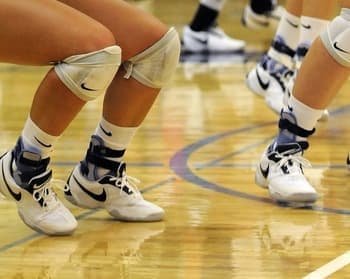

Injury Prevention in Volleyball: Exercises and Best Practices.
Injuries are a common concern in volleyball, but with proper prevention strategies, you can minimize the risk. Start by incorporating a comprehensive warm-up routine that includes dynamic stretching, mobility exercises, and activation drills.
Strengthen key muscle groups such as the legs, core, and shoulders to provide stability and support. Focus on proper technique and body mechanics during training and gameplay to reduce the risk of overuse injuries. Allow adequate rest and recovery time between practices and matches to prevent fatigue-related injuries. It's also important to listen to your body and address any minor issues before they escalate. By prioritizing injury prevention, you can stay on the court and enjoy volleyball for years to come.
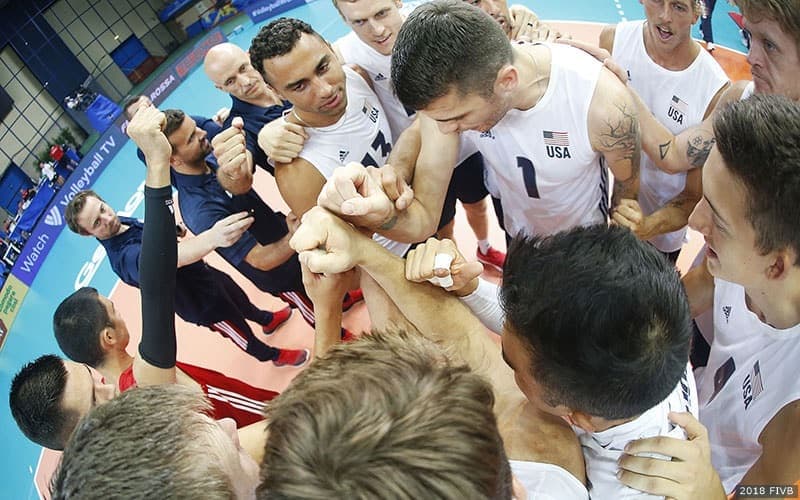

Setting Goals in Volleyball: A Path to Improvement.
Setting goals is a crucial aspect of personal and team development in volleyball. Start by setting specific, measurable, achievable goals that can be achieved together as a team.